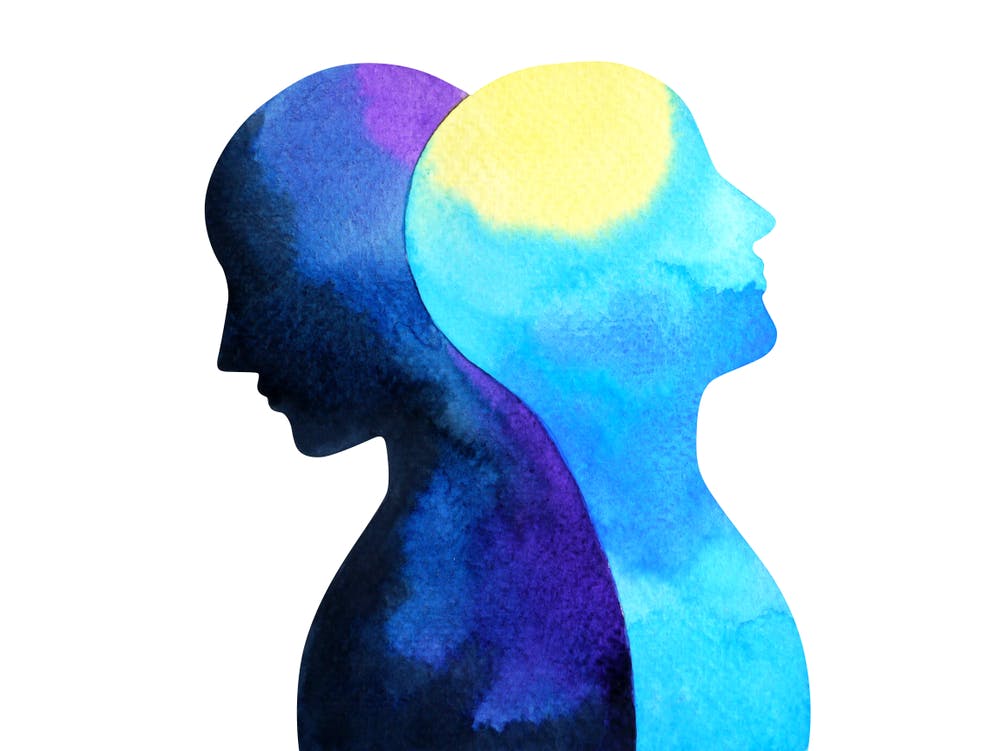5 Most Common Co-Occurring Mental Health And Substance Use Disorders
Overcoming a substance abuse disorder can be difficult enough on its own: learning to cope with stresses without turning to drugs or alcohol, identifying the triggers of your urges, learning to handle cravings, and rebuilding your life- people in recovery must undergo a complete transformation in order to achieve sobriety.
That already complicated process is only made more so when an undiagnosed mental disorder is uncovered as a deep-rooted cause of substance abuse and addiction.
Psychological research has shown the most common addiction-mental health disorder combinations. While this is by no means a tool for diagnosis, nor does it mean that someone experiencing one will automatically develop the other. Not everyone living with a substance abuse disorder has a mental illness; not everyone living with mental illnesses developes addiction.
So, what are the most common co-occurring mental health and substance abuse disorders?

Alcohol And Antisocial Personality Disorders
As determined by the NIAAA (National Institute on Alcohol Abuse and Alcoholism), excessive drinking is most closely tied to the development of antisocial personality disorders. In fact, people with alcohol use disorders are 21 times more likely to develop an ASPD than non-alcohol abusers.
While people with ASPD often show signs relatively early in life, alcohol abuse causes a worsening in symptoms due to the lowering of inhibitions.
Other disorders which commonly co-occur with alcohol abuse? Mania, dementia, schizophrenia, and the development of other addictions.
Marijuana And Schizophrenia
What??! I thought marijuana was this harmless, natural miracle drug which definitely doesn’t lead to addiction. (Did you catch my sarcasm there?)
The truth is, schizophrenics are among the most susceptible to developing drug dependency and addictions. It’s believed that about 50 percent of people living with schizophrenia also have a substance abuse disorder.
Scientists aren’t quite sure why- typically self-medication is a means of relieving symptoms of an undiagnosed disorder. However, marijuana and other drugs tend to replicate the symptoms of schizophrenia to at least some degree.
Cocaine And Anxiety Disorders
Anxiety is a part of life- it’s actually a natural response to danger. But for some people, anxiety is a blanket of oppression which can make the simplest tasks impossible. So why then, do anxiety disorders commonly occur with cocaine abuse?
The answer to that lies in the way cocaine affects the brain. People use cocaine because it provides burst of euphoria and disassociated pleasure. Under the influence, one experiences delusions of grandeur and an overwhelming sense of power, which in themselves can become addictive.
However, as use continues, new, unpleasant side effects begin; paranoia and hallucinations lead to suspiciousness, insomnia, and violent outbursts. These symptoms beget a sense of constant anxiety, which may disappear with sobriety, or linger, becoming an anxiety disorder.
Heroin And Depression
This co-occurrence won’t be too surprising to those who understand what heroin does to the brain. Much like cocaine, heroin interacts directly with the neuro-receptors of the brain, flooding it with the chemicals responsible for pleasure and euphoria.
The problem most people who abuse heroin run into is that the high is short lived, leaving one craving the next hit and the next trip. Heroin is one of the most addictive substances in the world for this very reason- the brain itself becomes addicted to the surges in pleasure chemicals.
So how does that cause or worsen depression? It sounds more like a cure than anything- right? Wrong: heroin destroys your brain’s ability to naturally produce these chemicals. You become literally unable to feel pleasure without use of heroin.
Depression is so common among heroin users it’s practically a symptom of heroin use disorders. There is hope, though: gaining sobriety and treatment can reverse the damage in most cases.
Opioids And PTSD
First let’s clear up one common misconception about PTSD: Post-Traumatic Stress Disorder can develop after any high-stress, traumatic event- it’s not just for military personnel. It is undoubtedly common among active-duty military, but it also occurs in victims of childhood abuse, rape survivors, and survivors of catastrophes.
Once you understand that, it’s easy to understand how opioids can be alluring to people with PTSD. Since incidents which cause PTSD often include physical injury, the development of addiction typically starts with powerful painkillers.
These opiate-based medications have similar reactions in the brain as heroin and cocaine- in fact, some people who begin with pain medication abuse advance to these street drugs.
Why? Because opioids offer pleasure as well as a sense of peace when one is under the influence. Tragically, sometimes triggered episodes of PTSD symptoms can lead to suicide or accidental overdose in an attempt to escape.

